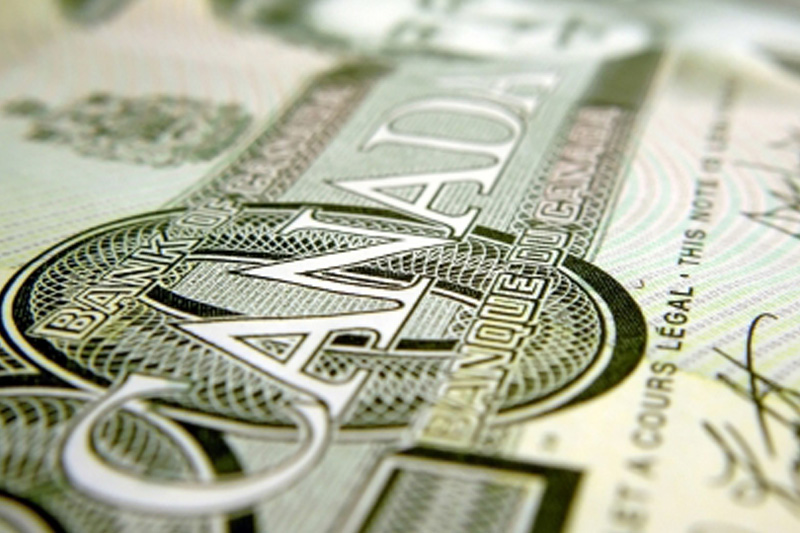* Canadian, Norwegian, Australian & NZ currencies hit hard
* U.S. dollar, euro & yen relatively quiet in contrast
* China inflation data up next
By Ian Chua
SYDNEY, Dec 9 (Reuters) - The currencies of major commodity producers such as Australia and Canada nursed hefty losses early on Wednesday after suffering big falls in the past two days from a selloff in oil and bulk commodities.
By contrast, the dollar, euro and yen were a sea of calm, particularly after last Thursday's violent short-squeeze that saw the euro roar higher, leaving many bears battered and bruised.
The common currency last stood at $1.0894 EUR= , having drifted up from Tuesday's low of $1.0830. The size of the move was nothing compared with last Thursday's 3.1 percent surge after the European Central Bank disappointed with a modest easing.
Against the yen, the euro inched up to 133.85 EURJPY=R , while the dollar dipped to 122.87 JPY= .
"The main focus for markets remained oil prices and equities, with the CRB index hitting fresh 13-year lows overnight and oil prices touching seven-year lows," analysts at ANZ wrote in a note to clients, referring to the Thomson Reuters/CoreCommodities CRB index .TRJCRB .
Indeed, most of the action was confined to commodity currencies after OPEC failed on Friday to agree a production ceiling on Friday - set the scene for a renewed oil selloff.
That left the Canadian dollar and Norwegian crown wallowing at their lowest in over 10 years against the greenback.
The U.S. dollar was last at C$1.3582, having been as high as C$1.3623 - a level not seen since mid-2004. It scaled a 13-year peak of 8.8194 crowns, before taking a small step back to 8.7624. The euro hit a two-month high of 9.6072 crowns.
Supply glut worries also plagued iron ore, which was pinned under $40 a tonne at a decade low.
The Aussie and kiwi both chalked up losses of more than 1 percent in the past two days. The Aussie briefly dipped below 72 U.S. cents, having retreated from Friday's three-month peak of $0.7386.
The New Zealand dollar flirted with 66 U.S. cents NZD=D4 , nearly two cents lower than Friday's one-month high of $0.6787.
Uncertainty over whether the Reserve Bank of New Zealand would cut interest rates on Thursday kept investors wary.
China's inflation data is due later on Wednesday. A weak result would only add to worries about global deflation.
Traders suspect the run on commodities could end soon, given the heavy selling and overly bearish positioning. The focus will then shift to next week's Federal Reserve policy review, where a U.S. interest rate hike is considered highly likely.
